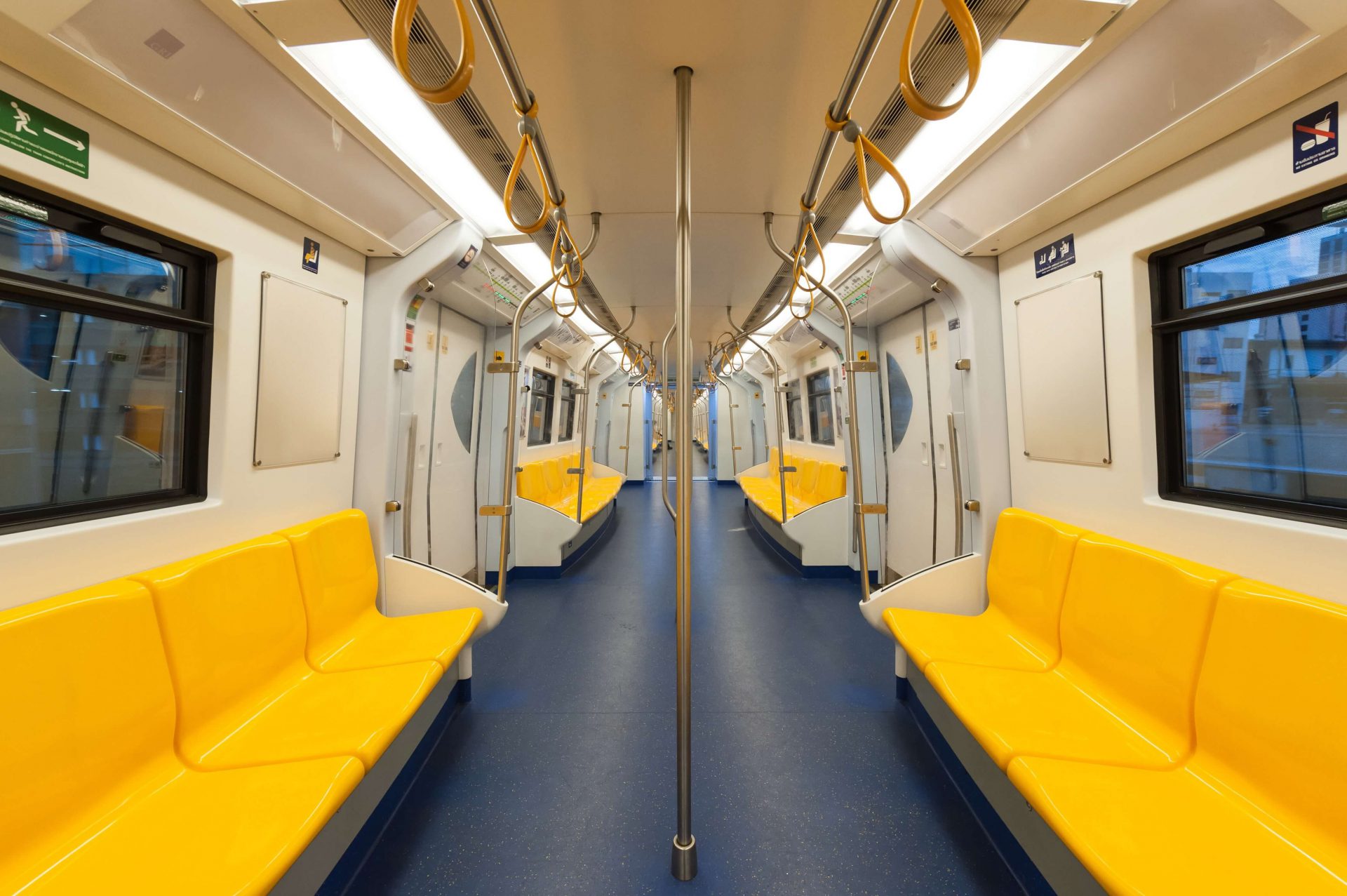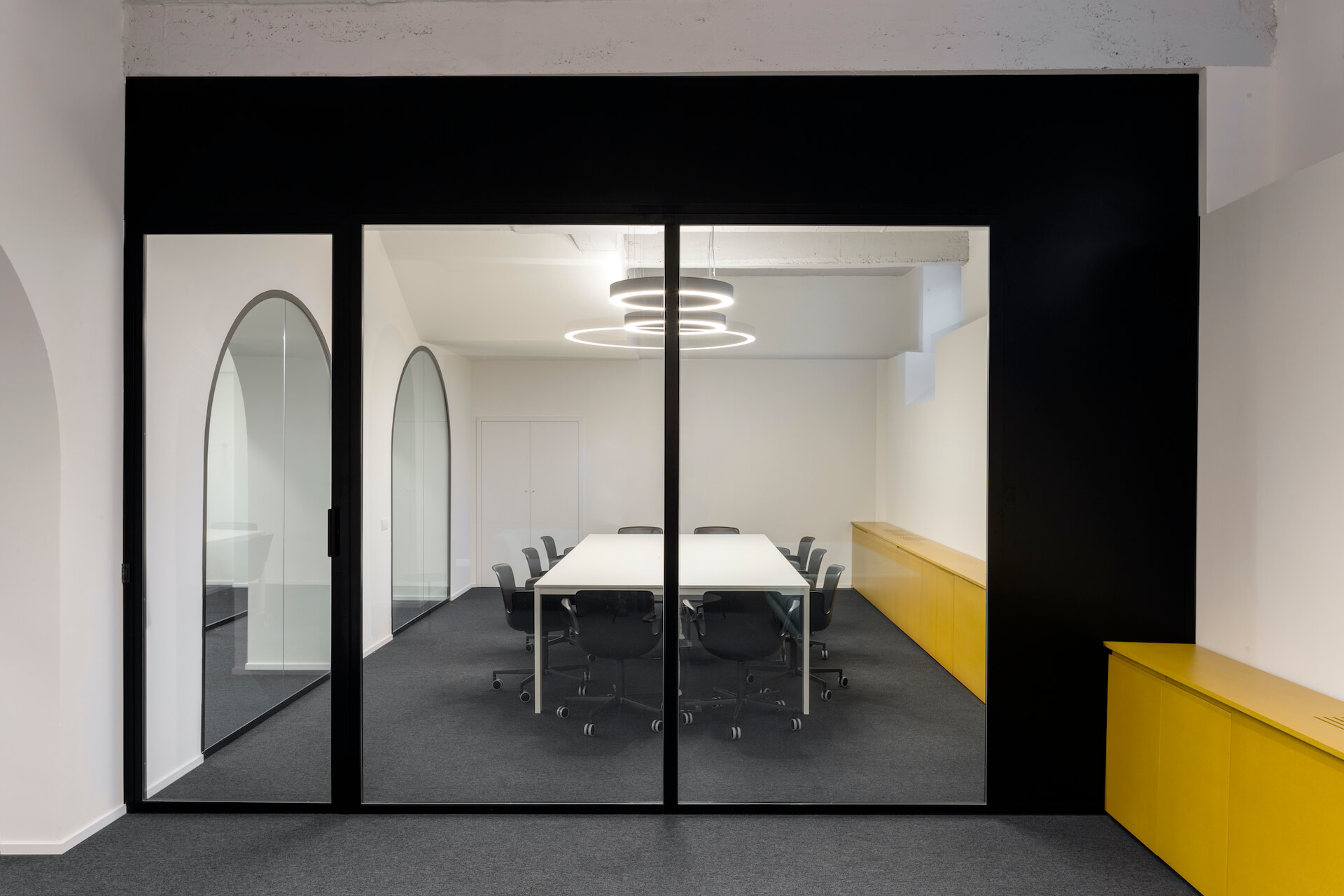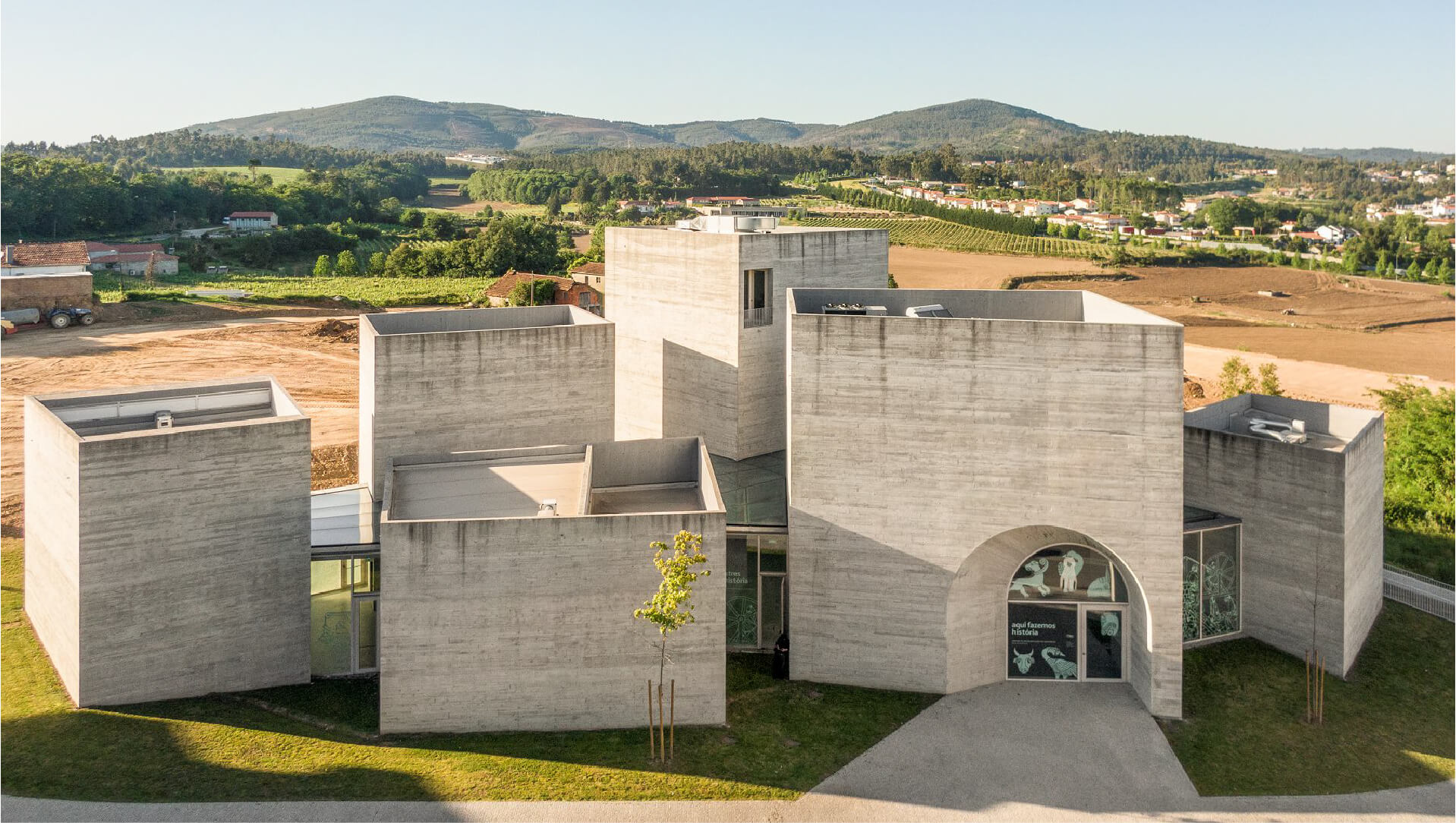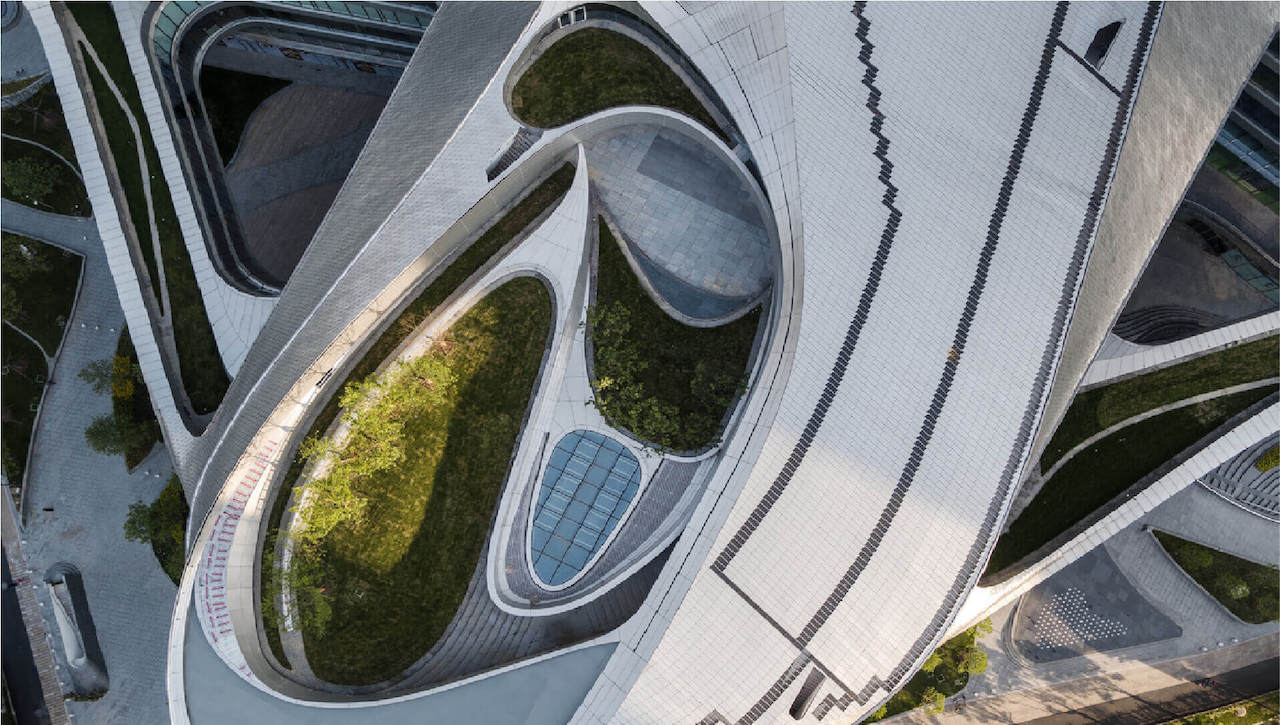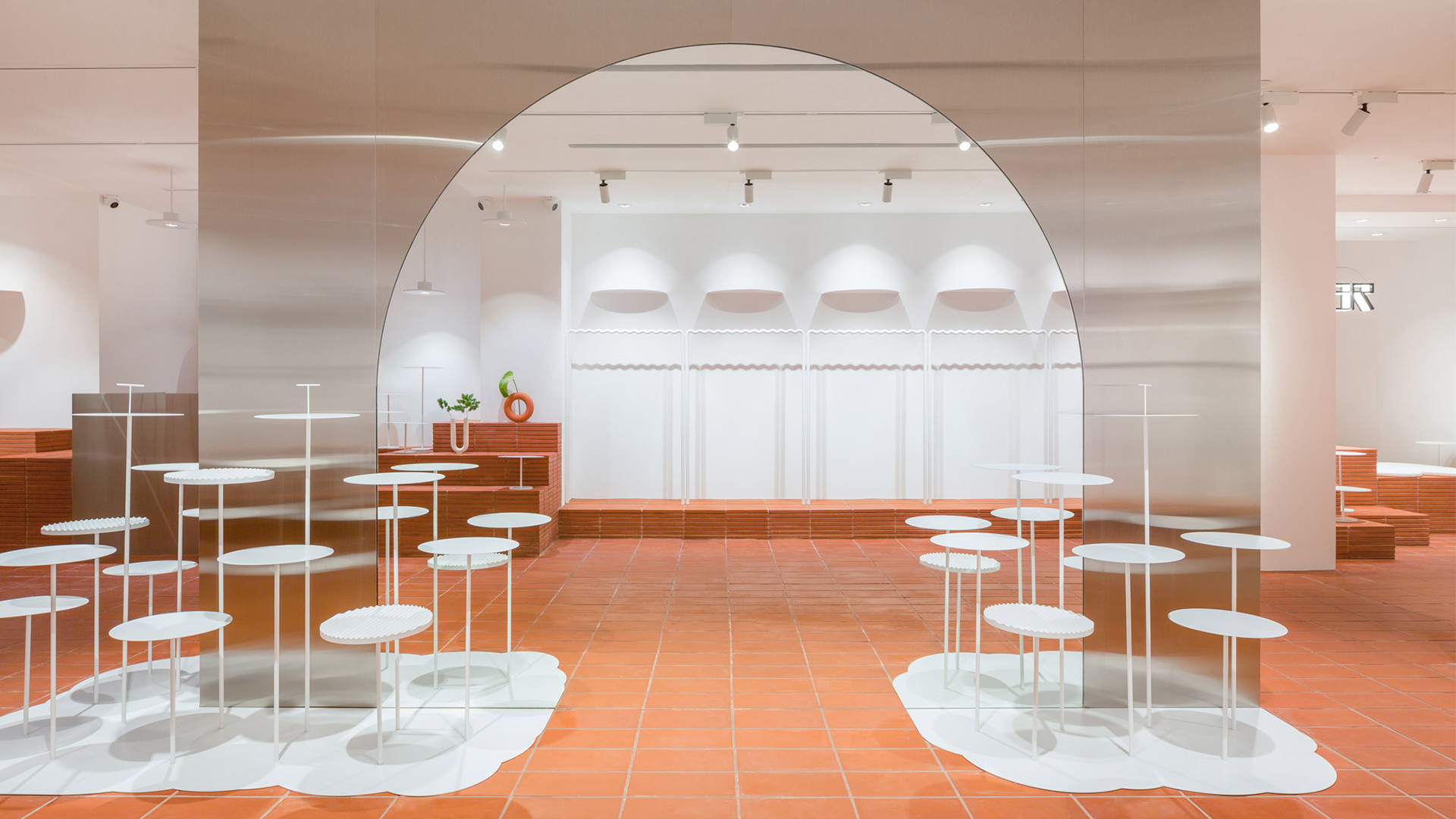Do we still need an office after the Pandemic?
The Coronavirus emergency has forced most companies to close their offices and have their employees working from home: in their kitchen, in their bedroom or, if they are lucky, on their terrace. So what’s next?
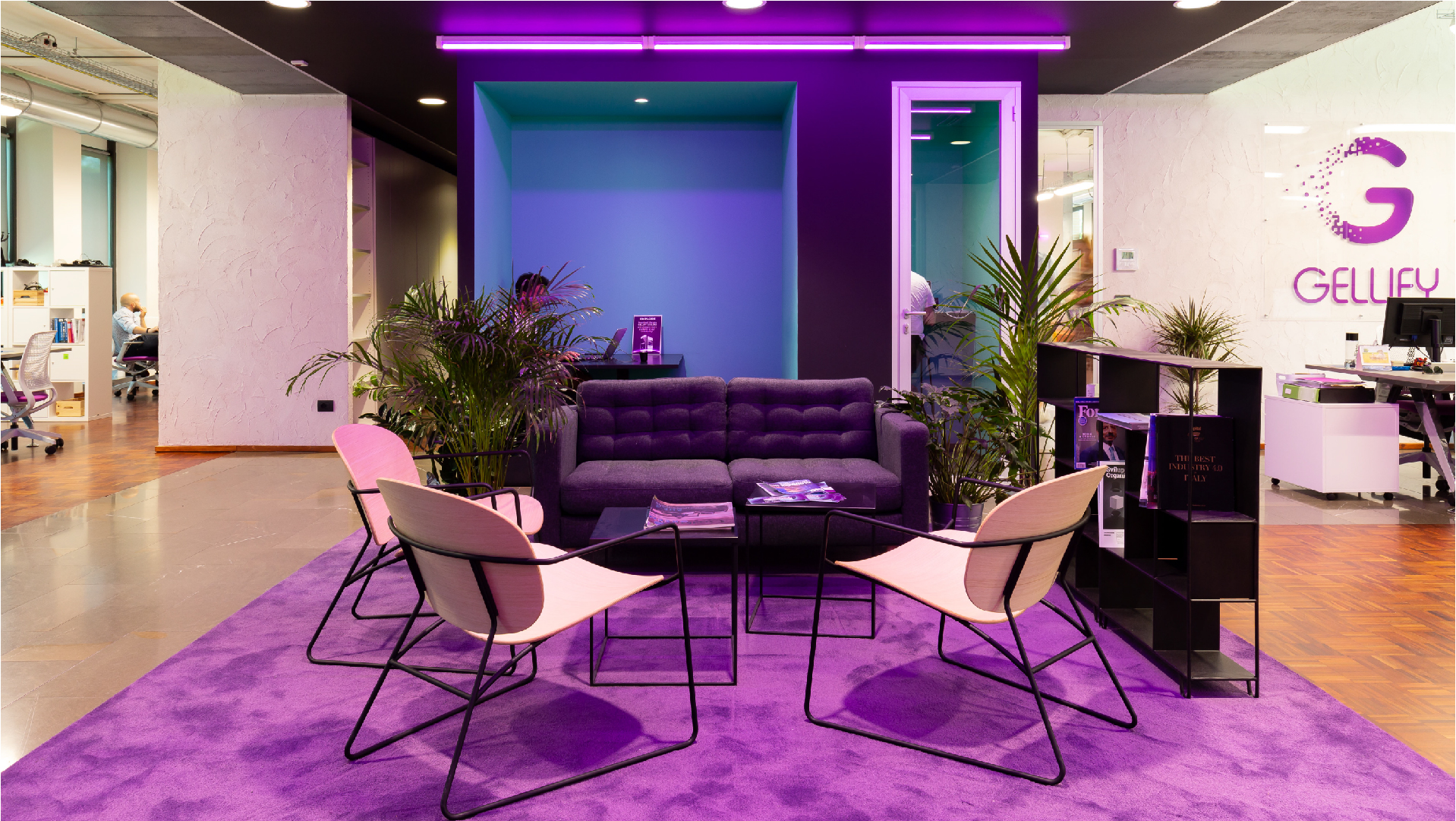
We reached out Luca Brusamolino, founder of the Milan-based studio Workitect, specialized in office design, to know more about the future of workplaces. During the lockdown, working from home was necessary to ensure business continuity, but it has now become an opportunity for both employees, who no longer have to spend hours stuck in traffic jams, and companies, who now have the chance to reconsider their real estate assets to save money.
This has left a big question mark on the future of the office, which has been associated with work since the 1900s. Even companies operating in sectors that are traditionally more conservative have changed their strategies. Some weeks ago, one of the main British investment banks announced that it will allow its employees to work from home five days a week. It is the first company in the field to do so.
Gallery
Open full width
Open full width
Is it all Covid-19’s fault?
The digital revolution has drastically changed some of the main aspects of our society. We now use Airbnb to organize our holidays, Mobike to rent bicycles and coworking spaces to work in. We are in the age of the sharing economy. Technology has blurred the boundaries between business, space and time, allowing people to work anywhere, regardless of their physical presence and working hours.
The idea is the result of a process of digitalisation of social relationships, especially at work, that was dramatically sped up, but not initiated by Covid-19. All this leads to a series of questions and concerns about the near future.

Is the office still necessary?
From the moment in which one is no longer tied to their workplace, it becomes even more essential and appealing. The question now isn’t whether we still need an office to work in but why it’s important to meet. Considering the fact that, for the knowledge economy, collaboration is a key factor, the workplace will become even more important to allow people to meet, exchange ideas and collaborate.
As one can now work anywhere, there’s no longer the need for a dedicated space with assigned desks for the staff and offices for managers, which remain closed and often empty.

The workplace is changing and becoming a hybrid, allowing the people in it to work based on their activities and not on hierarchy and roles (Jeremy Myerson, the 4 Cs of activity-based working: collaboration, communication, concentration and contemplation).
Office space is expensive. Nevertheless, the rental and management costs of an office come right after personnel costs, in terms of percentage. If located in central areas of cities like London or Milan, the costs are even higher. This will result in having an office that is smaller but more suitable to the current working habits and that is more similar to coworking spaces, hotels, restaurants and bars.

Workitect aims at a new sustainable mobility
Not having to go to a specific workplace every day will also positively affect the current mobility model, especially in terms of traffic and commuting. This will lead to a drastic reduction in Co2 emissions but there is also the risk that cities could become almost ghost towns.
Hence the appeals by mayors, including Boris Johnson and Beppe Sala, Mayor of Milan, to ‘return to the office’ to help reopen bars and restaurants that have closed.

A polycentric city
All this can have a positive effect on the suburbs and lead to the creation of a network of coworking spaces throughout the city that can allow people to also meet outside the office, thus reviving pubs, bars, restaurants and businesses in places that for many years have been purely residential.
Let’s clarify what smart working means: smart working isn’t just working from home.

It means autonomously deciding when and where to work and which tools to use while taking on greater responsibility for results. It doesn’t just answer the question of where, but also when and how to work in a new way.
At Workitect, therefore, we think have a great opportunity for change that isn’t just limited to working from home. If fully implemented, it can positively affect our cities, our companies and, above all, our lives.





